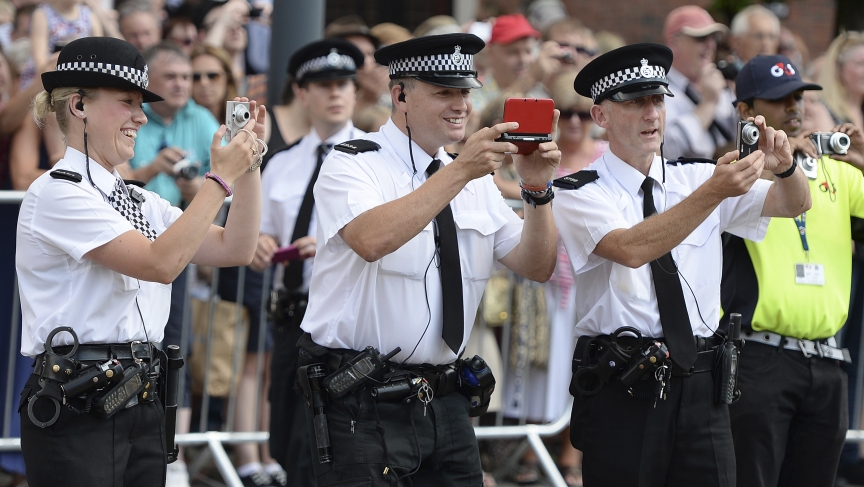Police in the UK are steering a venture that utilizes computerized reasoning to decide that somebody is so prone to carry out or be a casualty of a genuine wrongdoing. These incorporate violations including a firearm or blade, and additionally present day subjugation, New Scientist gave an account of Monday. The expectation is to utilize this data to identify potential lawbreakers or unfortunate casualties and intercede with instructors or social administrations previously wrongdoings happen.
![]()

Named the National Data Analytics Solution (NDAS), the framework pulls information from nearby and federal police data storages. Ian Donnelly, the police oragnised undertaking, revealed to New Specialist that they posses gathered over a terabyte of information from these frameworks as of now, including logs of perpetrated violations and around 5 million recognizable individuals.
The framework has 1,400 markers from this information that can help signal somebody who may carry out a wrongdoing, for example, how frequently somebody has perpetrated a wrongdoing with help and also what number of individuals in their system have carried out violations. Individuals in the database who are hailed by the framework’s calculation as being inclined to brutal acts will get a “hazard score,” New Scientist detailed, which flags their odds of carrying out a genuine wrongdoing later on.

Donnelly told the New Scientist that they don’t plan to capture anybody before they’ve carried out a wrongdoing, however that they need to give guiding to the individuals who the framework shows may require it. He likewise noticed that there have been slices to police subsidising as of late, so an example like NDAS could work in a smooth and organise the way toward figuring out who in their databases most needs intercession.

Beside the agitating plausibility of Minority Report-like thumps on your entryway that this framework may prompt, there are as yet a reiteration of glaring issues with AI-based discovery frameworks. They are not free from predisposition, and as Andrew Ferguson at the University of the District of Columbia told the New Scientist, number of captures don’t innately flag a problem area for wrongdoing, but instead where cops are sent, and this excessively impacts ethnic minorities and poor neighborhoods. This likewise implies the criminal databases the framework is pulling from aren’t illustrative of society all in all, which thus implies people living in intensely policed zones are most in danger of being hailed.
Source: Gizmodo and Evening Standard









